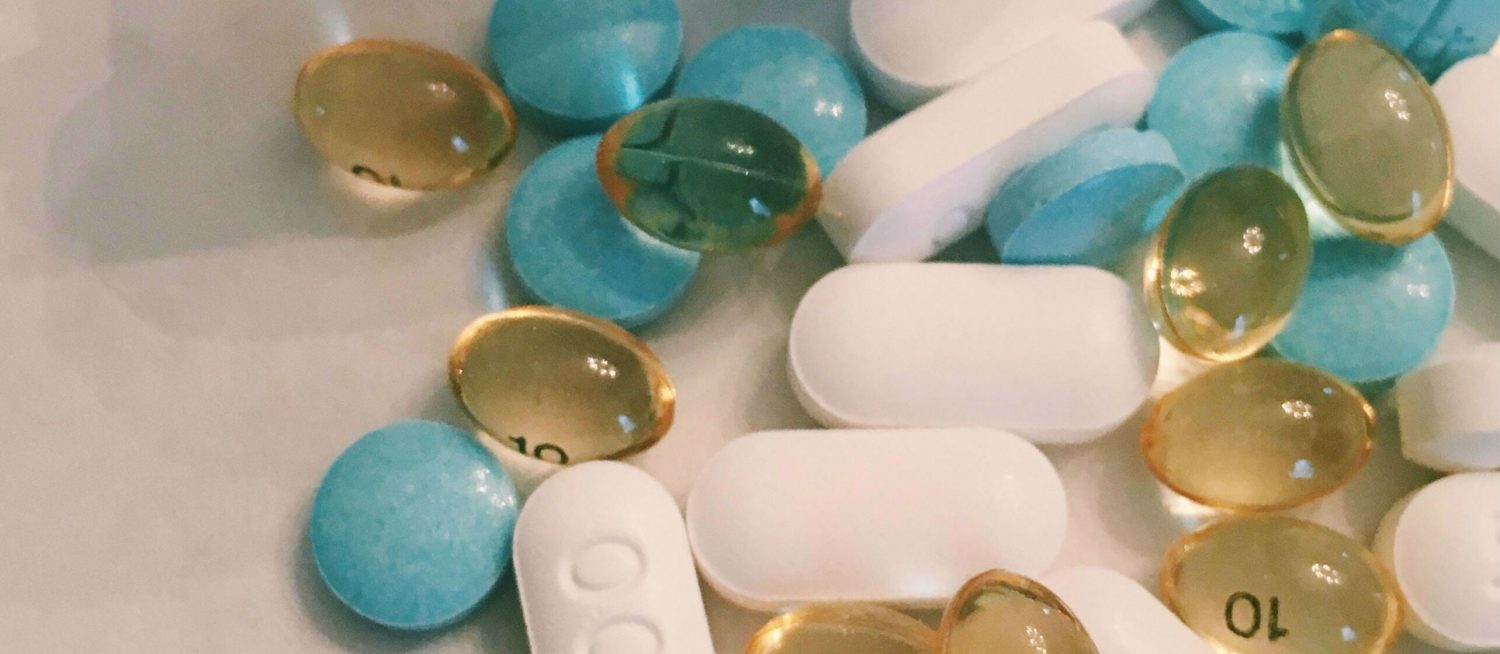My dog is taking antibiotics for a urinary tract infection but it is having little to no effect. Will drinking more water help? What should I do?
Original Question: How do I get my 2-year-old male springer to drink more water? He has a urinary tract infection and is taking Clavaseptin but his urine is still very dark and he won't drink the water to flush it out. Help. - Jean
 Mar 5, 2018
Mar 5, 2018
Hi Jean,
Thanks for sending in your question.
I become instantly concerned when I read this question. There are so many things that should be happening before you even consider getting your dog to drink more water. Drinking more water could have little to no effect on the infection so it is extremely important that you identify the infection first.
The fact that you’re giving him an antibiotic means that you’ve seen your veterinarian about this condition and it sounds as though the Clavaseptin is not working. I have seen this has happen many times and the reason is because the bacteria that’s present is resistant to that particular antibiotic. You really need to perform urine culture and sensitivity test. It will identify the bacteria that are present in the bladder and tell you which antibiotic can kill it. I’ve seen dozens and dozens of infections that are completely resistant to the antibiotic you are using. Unfortunately, I have also seen many veterinarians continue to give this antibiotic without performing the culture and sensitivity test not knowing that it’s a completely useless treatment. Therefore my first recommendation is to have that test performed before anything else in order to determine the right course of treatment. If the bacteria is a difficult one to treat, such as Proteus or E. coli, then I would consider using the antibiotic for a duration greater than two weeks.
If the infection is still not resolved, further diagnostics are indicated. I would image the bladder with x-rays and make sure there isn’t something in there that is preventing the infection from resolving, such as a bladder stone, polyp or tissue growth. If nothing is found, then you may want to do general diagnostics to evaluate the health of your dog. Maybe there is a condition that is preventing the immune system from working well, such as Cushing’s disease, diabetes, or a cancerous lesion?
By performing a urinalysis you also evaluate other issues with the bladder. If crystals are present, they may be irritating the lining of the bladder allowing the infection to remain. So dissolving those crystals with an appropriate treatment would be indicated if that were the case.
I hope this gives you some ideas on what to do next. I cannot overstate the importance of performing a culture and sensitivity as soon as you possibly can. My gut instinct tells me that you’re dealing with a bacteria that is resistant to the current treatment so please consult your veterinarian.
Good luck!
Dr. Clayton Greenway
Disclaimer: healthcareforpets.com and its team of veterinarians and clinicians do not endorse any products, services, or recommended advice. All advice presented by our veterinarians, clinicians, tools, resources, etc is not meant to replace a regular physical exam and consultation with your primary veterinarian or other clinicians. We always encourage you to seek medical advice from your regular veterinarian.

